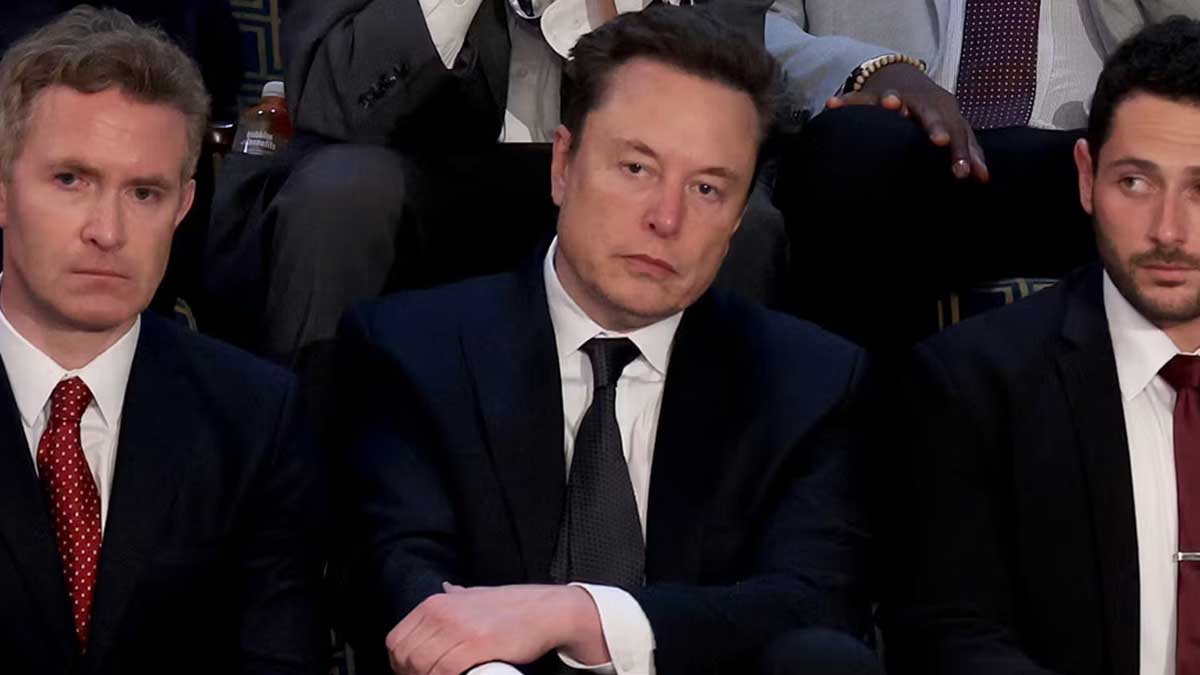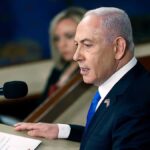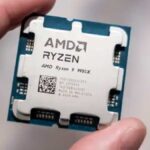- Home
- Billionaires
- Investing Newsletters
- 193CC 1000
- Article Layout 2
- Article Layout 3
- Article Layout 4
- Article Layout 5
- Article Layout 6
- Article Layout 7
- Article Layout 8
- Article Layout 9
- Article Layout 10
- Article Layout 11
- Article Layout 12
- Article Layout 13
- Article Layout 14
- Article Sidebar
- Post Format
- pages
- Archive Layouts
- Post Gallery
- Post Video Background
- Post Review
- Sponsored Post
- Leadership
- Business
- Money
- Small Business
- Innovation
- Shop
Recent Posts
Elon Musk Joins Netanyahu’s Congress Speech

On Wednesday, Elon Musk, the prominent tech billionaire and CEO of Tesla, made headlines with his high-profile attendance at Israeli Prime Minister Benjamin Netanyahu’s speech before the U.S. Congress. Musk, who was a personal guest of Netanyahu, was spotted in the prime minister’s box in the Senate chamber’s upstairs gallery. The speech addressed Israel’s ongoing conflict with Hamas, a topic of significant international concern. Notably, several members of Congress opted to boycott the address, highlighting the polarized reactions to Netanyahu’s visit.
Musk’s presence was a topic of considerable interest and scrutiny. As he took his seat in Netanyahu’s designated area, it was clear that his role as a guest was part of a broader diplomatic gesture. In interactions with reporters, Musk confirmed that he was in attendance specifically at the invitation of the Israeli leader. This development came against the backdrop of a highly charged political environment, with many lawmakers expressing disapproval of Netanyahu’s address, which focused on the ongoing conflict that has deeply impacted both Israeli and Palestinian communities.
Earlier in the day, Musk was seen navigating the corridors of Congress, where he was approached by journalists. They questioned him about his recent endorsement of former President Donald Trump and the possibility of his financial support for Trump’s campaign. Musk responded with a light-hearted laugh, emphasizing instead his intention to focus on “ensuring election integrity” rather than contributing to Trump’s political efforts. This remark was a pointed divergence from speculation that he might channel significant financial resources into Trump’s campaign.
Musk’s attendance at the Congress address coincided with a recent announcement from his satellite internet company, Starlink. Just a day prior, Musk revealed that Starlink’s service had been activated in a Gaza hospital, a move made with the approval of the Israeli government. This development is part of the broader context of the ongoing nine-month conflict between Israel and Hamas. The conflict has resulted in substantial casualties, with over 39,000 Palestinian lives lost and around 1,200 Israeli lives claimed, according to reports from the Gaza Health Ministry and Israeli authorities. The activation of Starlink in Gaza represents a rare instance of technological assistance amid the humanitarian crisis.
Additionally, Musk has been at the center of controversy surrounding his financial and political activities. On Tuesday, he refuted a Wall Street Journal report that suggested he planned to contribute $45 million monthly to a super political action committee supporting Trump. Musk dismissed the report as “a fiction made up by The Wall Street Journal,” reinforcing his stance that such claims were unfounded.
Financially, Musk remains a leading figure on the global stage. Despite a notable decline in his net worth, estimated at $233.6 billion after a significant drop in Tesla’s stock value, Musk continues to hold the title of the world’s wealthiest individual. This places him ahead of other billionaires such as Amazon founder Jeff Bezos ($199.3 billion) and LVMH chief Bernard Arnault ($181.8 billion).
Musk’s relationship with Netanyahu has been marked by controversy and complex interactions. Previously, Musk endorsed a post on X (formerly Twitter) that criticized Jewish communities for allegedly promoting antisemitism while condemning hatred against white people. This endorsement sparked widespread backlash, leading to the withdrawal of advertisements from major companies like Apple and Disney from the platform. In response to the backlash, Musk visited Israel shortly after the incident, touring a village impacted by Hamas’s October 7 attack and reviewing harrowing evidence of civilian casualties and hostage situations. During this visit, Israeli President Isaac Herzog conveyed to Musk the critical role he could play in combating antisemitism and addressing hatred against Jewish people, citing concerns about the prevalence of such hate on the platforms Musk oversees.
The visit also led to an agreement between Musk and Netanyahu that Starlink’s internet service would only be deployed in Gaza with explicit approval from the Israeli government. This arrangement underscores the careful balancing act Musk is navigating as he engages with complex geopolitical issues while managing his technological ventures.
Recent Posts
Categories
- 193cc Digital Assets2
- 5G1
- Aerospace & Defense46
- AI37
- Arts3
- Banking & Insurance11
- Big Data3
- Billionaires462
- Boats & Planes1
- Business328
- Careers13
- Cars & Bikes76
- CEO Network1
- CFO Network17
- CHRO Network1
- CIO Network1
- Cloud10
- CMO Network18
- Commercial Real Estate7
- Consultant1
- Consumer Tech180
- CxO1
- Cybersecurity68
- Dining1
- Diversity, Equity & Inclusion4
- Education7
- Energy8
- Enterprise Tech29
- Events11
- Fintech1
- Food & Drink2
- Franchises1
- Freelance1
- Future Of Work2
- Games141
- GIG1
- Healthcare78
- Hollywood & Entertainment186
- Houses1
- Innovation42
- Investing2
- Investing Newsletters4
- Leadership65
- Lifestyle11
- Manufacturing1
- Markets20
- Media193
- Mobile phone1
- Money13
- Personal Finance2
- Policy567
- Real Estate1
- Research6
- Retail1
- Retirement1
- Small Business1
- SportsMoney33
- Style & Beauty1
- Success Income1
- Taxes2
- Travel10
- Uncategorized8
- Vices1
- Watches & Jewelry2
- world's billionaires431
Related Articles
Netflix Secures 2027 and 2031 Women’s World Cup Rights
Netflix has clinched an exclusive streaming deal for the next two FIFA...
By 193cc Agency CouncilDecember 20, 2024Meta Fixes Facebook, Instagram, WhatsApp Outages
Meta, the parent company of Facebook, Instagram, and WhatsApp, faced significant outages...
By 193cc Agency CouncilDecember 12, 2024Roy Jones Jr. Confident He Can Beat Jake Paul, Issues Challenge
Boxing legend Roy Jones Jr. has made waves by declaring that he’s...
By 193cc Agency CouncilDecember 11, 2024Tsunami Warning Lifted After 7.0 Quake Off California Coast
A tsunami warning that affected large portions of northern California and Oregon,...
By 193cc Agency CouncilDecember 6, 2024















Leave a comment